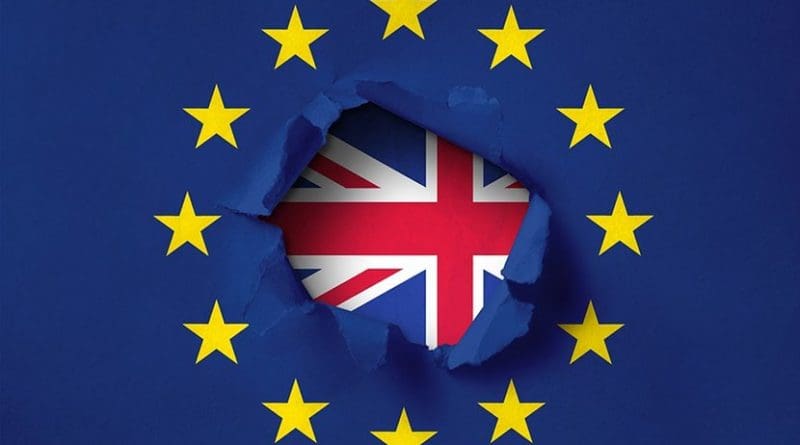EU’s Barnier Urges UK To Accept Compromise On Post-Brexit Deal
By EurActiv
By Benjamin Fox
(EurActiv) — The European Union’s chief negotiator urged the UK on Wednesday (2 September) to meet the EU in the middle by offering compromise proposals on state aid, fisheries and governance, warning that the EU would not ‘sacrifice’ its long-term interests for the sake of a deal.
“We need to move,” Michel Barnier, the EU’s chief negotiator on a post-Brexit trade agreement, said in an online address to the Irish Institute for International and European Affairs. “I have shown openness to find a compromise. On none of these issues has the UK moved in a reciprocal way.”
The UK will leave the EU’s Single Market at the end of 2020 and trade between the two will be conducted under World Trade Organisation terms unless a new trade agreement can be finalised in the coming months.
State aid and fisheries have been the most divisive issues throughout the six months of negotiations.
“A level playing field that ensures common high standards in areas such as labour rights and the environment, and with effective domestic enforcement and dispute settlement mechanisms is the only way to start a new relationship between the EU and the UK on a firm and sustainable footing,” Barnier said.
“This is particularly important in the area of state aid, where the potential to distort competition using subsidies is significant,” he added.
“If there is no agreement everyone will see in four months a huge change,” said Barnier, offering “good luck” to those Brexiteers who believe that a ‘no deal’ scenario offers an economic opportunity to the UK.
Barnier repeated that he was “worried and disappointed” by what he described as the UK’s reluctance to compromise. He also denied that the UK had tabled new legal documents on fisheries during the last negotiating round in mid-August.
“There will be no trade agreement between the UK and the EU without credible assurances on the level playing field, and a sensible and balanced framework on fisheries,” said Barnier.
Although UK ministers believe that agreeing a trade deal is in the interests of the EU economy, Barnier retorted that “we will not sacrifice the EU’s long-term economic and political interests for the sole interest of the UK”, adding that without a common framework on state aid, the UK government would be allowed to subsidise companies at will.
While giving a downbeat assessment of the chances of agreement, Barnier remarked that “despite the current difficulties I believe that [UK Prime Minister] Boris Johnson wants a deal,” adding that “we will do everything in our power to reach an agreement until the last day”.
Both sides have played the blame game in recent days. Earlier this week, French foreign minister Jean-Yves Le Drian accused the “unrealistic” UK of derailing the talks.
Meanwhile, a UK government spokesperson pinned the blame for the stalemate on the EU on Tuesday (1 September), complaining that “the EU continues to insist that we must agree on difficult areas in the negotiations, such as EU state aid, before any further work can be done in any other area of the negotiations, including on legal texts, and that makes it very difficult to make progress”.

